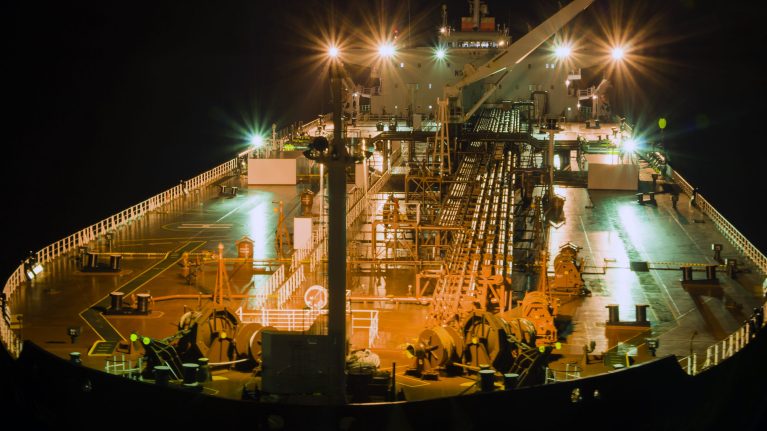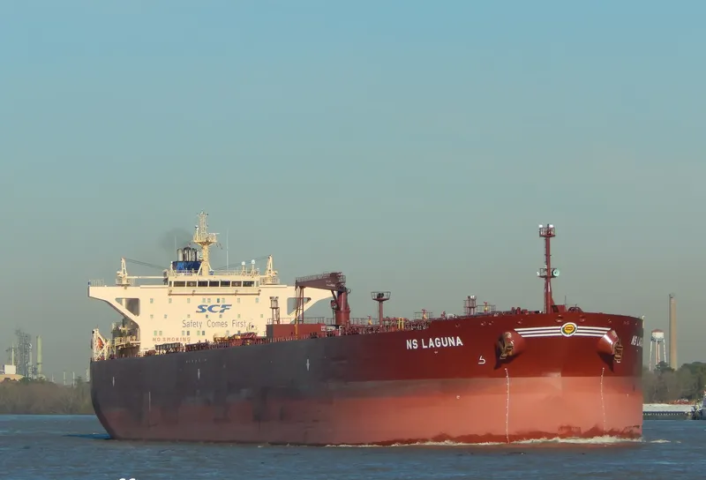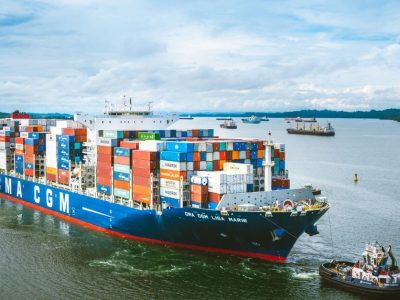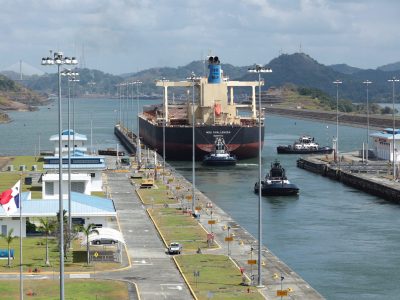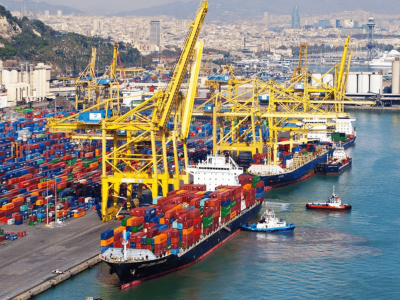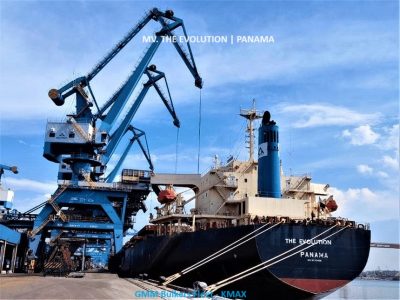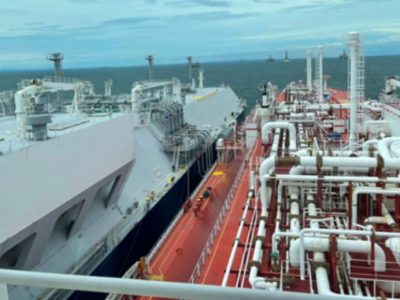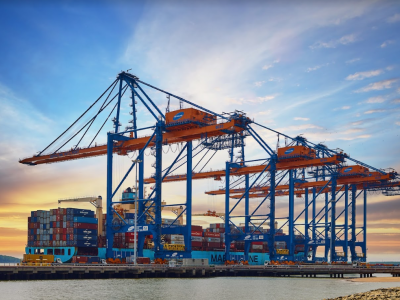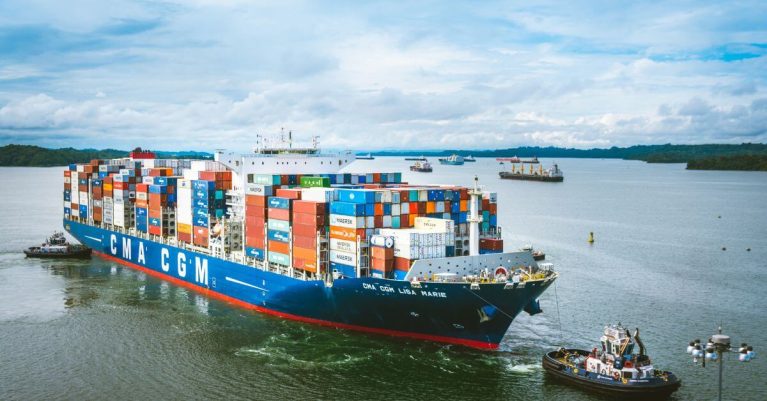By GMM News | 2024-11-05 | International Shipping News |
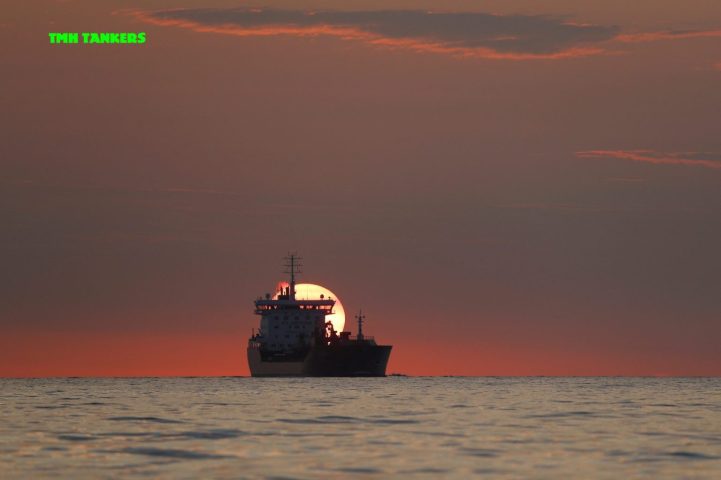
The UK government has announced stringent measures targeting the so-called “shadow fleet” of oil tankers operating with questionable insurance.
The move comes as part of broader efforts to enforce sanctions against Moscow following Russia’s ongoing war in Ukraine.
Last week, the UK’s Foreign, Commonwealth and Development Office (FCDO) announced its largest sanctions package on Russian fossil fuel transport to date, designating 18 oil tankers and four liquefied natural gas carriers. The designations bring the total number of vessels sanctioned by the UK to 43.
Buried in the announcement, however, the government revealed it is also taking steps to combat malign, Russian-backed maritime activity near the UK waters.
Specifically, a trio of government bodies – the Department for Transport, the Joint Maritime Security Centre (JMSC), and the Maritime and Coastguard Agency (MCA) – are joining forces to scrutinize suspected shadow fleet vessels passing through the English Channel.
According to the announcement, ships with “suspected dubious insurance” will be required to provide detailed information about their insurance status, addressing concerns about operations outside international safety standards.
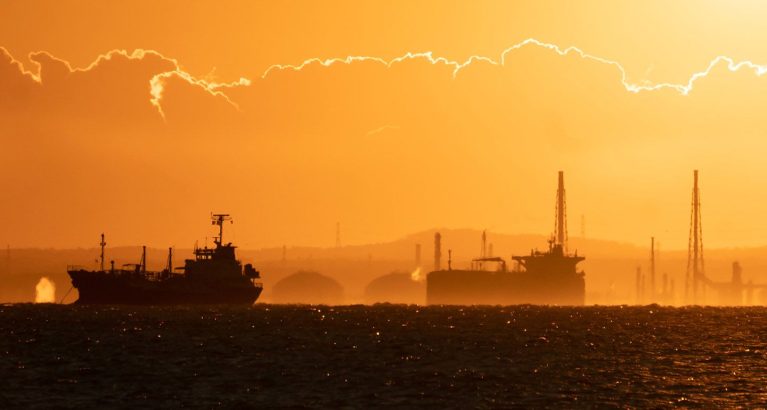
While the FCDO’s announcement didn’t detail the exact nature of interventions, it’s clear that the UK is ramping up its efforts to challenge ships over their insurance coverage, signaling a more aggressive stance in enforcing maritime sanctions against Russia.
“Any actor that facilitates and supports Russia’s malign activities could be exposing themselves to sanctions,” the government said in a statement.
The new regulations, falling under the Russia (Sanctions) (EU Exit) Regulations 2019, impose severe restrictions on specified ships. These vessels are barred from UK ports, subject to movement directives, potential detention, and exclusion from the UK Ship Register.
Despite these efforts, the challenge remains significant. Reports indicate that nearly a third of the ships sanctioned by the US, European Union, and UK are already back in operation, highlighting the ongoing cat-and-mouse game between international regulators and the Russian shadow fleet.

